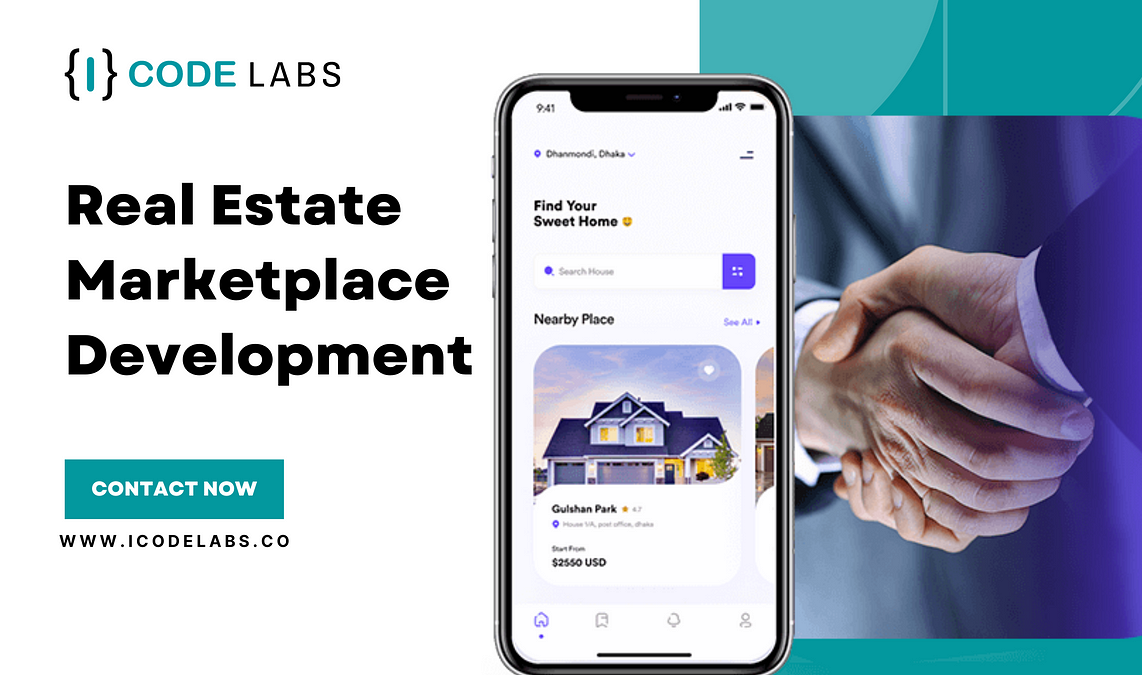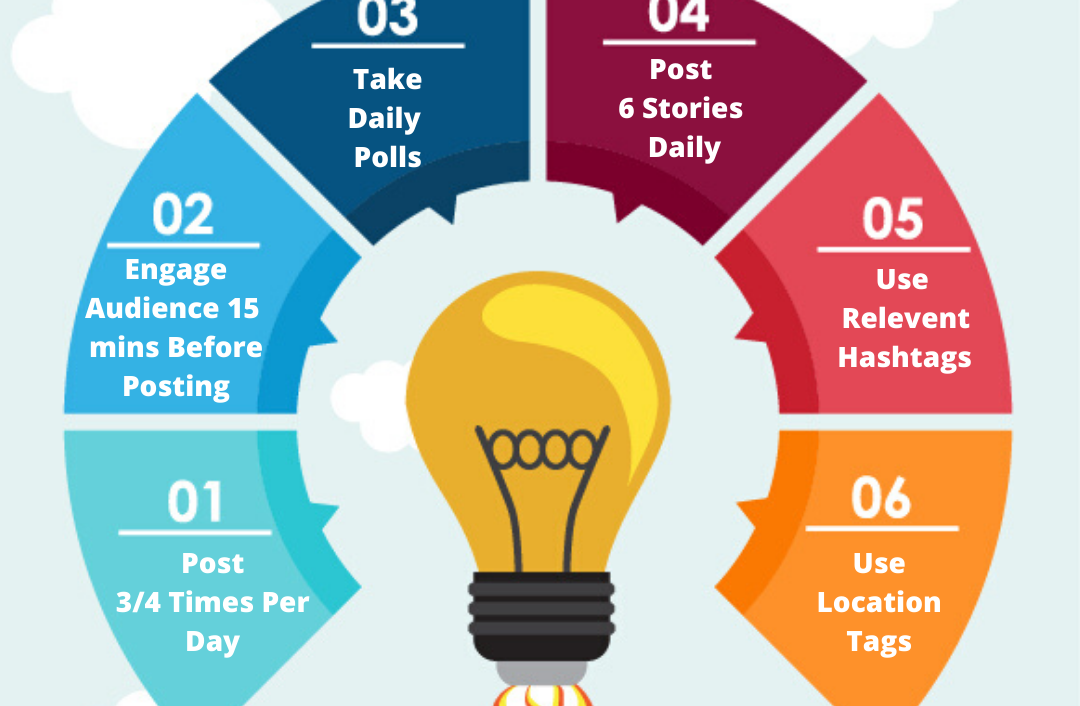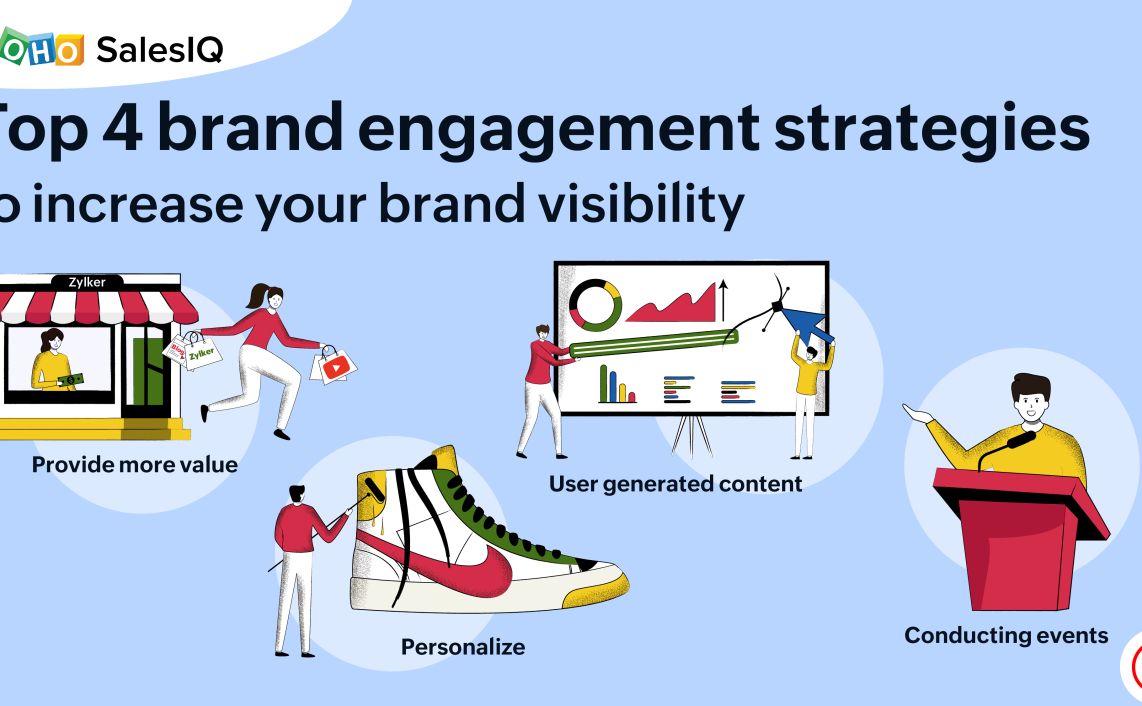Esports Marketing: Engaging Your Target Audience Effectively

Esports, the competitive form of video games, has rapidly evolved into a global phenomenon, amassing a substantial and enthusiastic fanbase. As a result, esports marketing has become an integral part of the gaming industry, providing brands with a unique opportunity to interact with a highly engaged and targeted audience. To effectively capture the attention of this audience, marketers must understand the nuances of esports and employ strategic approaches that resonate with its avid followers.
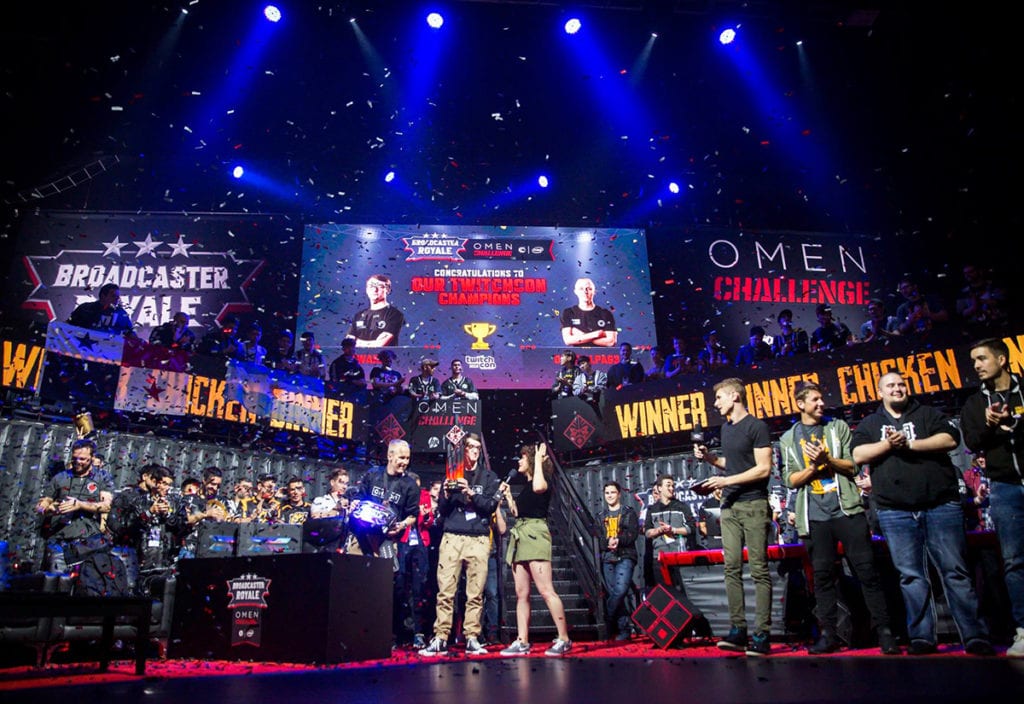
Understanding the Esports Audience
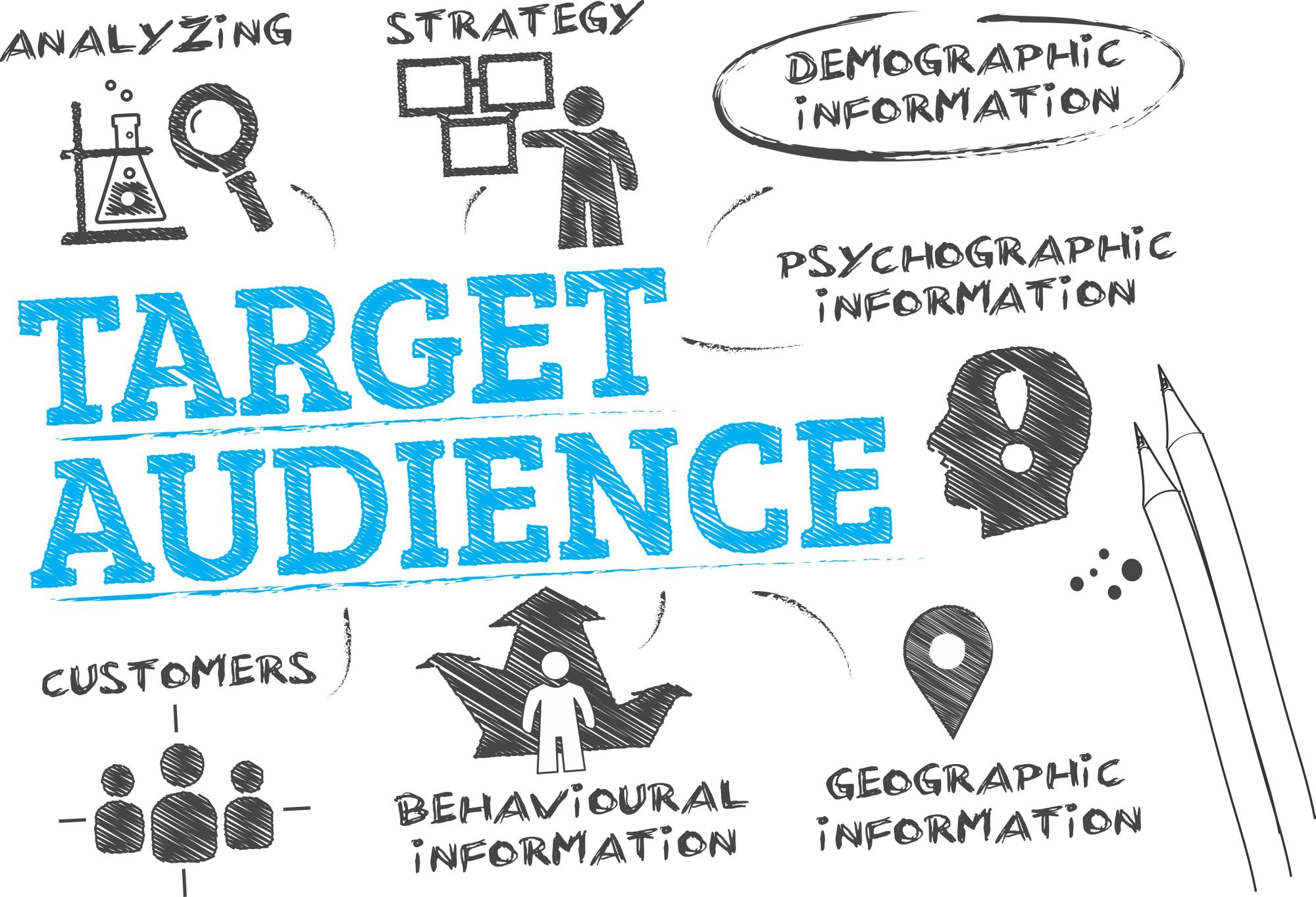
The esports audience is diverse and spans various demographics, including age, gender, and location. However, they share a common passion for competitive gaming and are highly engaged with the industry. They consume content across multiple platforms, from live streams to social media, and are eager to connect with brands that align with their interests. Understanding their preferences, motivations, and behaviors is key to developing effective marketing campaigns.
Content Marketing
Content marketing plays a pivotal role in esports marketing. By creating engaging and informative content that caters to the specific interests of the audience, brands can establish themselves as thought leaders and build strong connections. This content can take various forms, such as:
- Esports News and Insights: Providing up-to-date news, interviews, and analysis on major tournaments, teams, and players.
- Esports Tutorials and Guides: Offering valuable guidance and tips to help players improve their skills.
- Esports Event Coverage: Reporting on live events, delivering behind-the-scenes access, and capturing the excitement of the competition.
Social Media Engagement
Social media platforms are a vital channel for esports marketing. Brands can utilize platforms like Twitter, Twitch, and Discord to interact with their target audience, participate in ongoing conversations, and foster a sense of community. By engaging with fans, running contests, and creating exclusive content, brands can humanize their brand and increase their visibility within the esports ecosystem.
Sponsorships and Partnerships
Partnerships with esports teams, tournaments, and influencers are powerful avenues for reaching the esports audience. By aligning with established and respected entities, brands can tap into their loyal fan bases and gain access to exclusive marketing opportunities. Sponsorships can involve financial support, product placements, or collaborative content creation, all of which contribute to building brand awareness and credibility.
Influencer Marketing
Esports influencers play a significant role in shaping the opinions and purchasing decisions of their followers. By collaborating with these influential individuals, brands can leverage their expertise, reach, and engagement to promote their products and services. Influencer marketing campaigns can range from product endorsements to sponsored streams and gaming collaborations.
Experiential Marketing
Experiential marketing offers brands a unique opportunity to create memorable and immersive experiences for esports fans. By organizing or participating in esports events, hosting tournaments, and establishing dedicated gaming spaces, brands can connect with their target audience on a personal level. These experiences foster lasting impressions and strengthen brand loyalty.
Challenges and Opportunities
Like any marketing endeavor, esports marketing comes with its own set of challenges. The rapidly evolving nature of the industry and the highly competitive landscape demand constant innovation and adaptability. However, there are also significant opportunities to be seized:
- Growing Audience: The esports audience continues to expand exponentially, providing brands with access to a vast and engaged consumer base.
- Data and Analytics: Esports offers rich data and analytics that enable brands to track key performance indicators, optimize campaigns, and gain valuable insights.
- Partnership Opportunities: The esports ecosystem presents numerous partnership opportunities with teams, tournaments, venues, and other stakeholders, offering brands a wider reach and enhanced credibility.
Conclusion
Esports marketing presents a unique and exciting opportunity for brands to connect with a highly engaged and passionate audience. By understanding the nuances of the industry, employing strategic approaches, and embracing the challenges and opportunities it offers, brands can effectively capture the attention of esports fans, build strong connections, and drive positive business outcomes. As the esports landscape continues to evolve, marketers must stay abreast of the latest trends and innovations to remain competitive and maximize their impact in this dynamic and rewarding field.## Esports Marketing: Engaging Your Target Audience Effectively
Executive Summary
In the captivating realm of esports, where virtual battlefields roar and digital titans clash, the allure of engaging a massive and highly engaged audience presents an unprecedented opportunity for brands to establish a meaningful presence. With meticulously crafted esports marketing strategies, brands can seamlessly integrate into this dynamic ecosystem and forge enduring connections with their target consumers.
Introduction
Esports has emerged as a global phenomenon, captivating millions of passionate fans worldwide. This rapidly growing industry offers brands a unique platform to connect with a highly desirable demographic, driving brand awareness, fostering brand loyalty, and generating tangible business outcomes. By understanding the intricate nuances of this vibrant and ever-evolving landscape, brands can create resonant campaigns that resonate deeply with esports enthusiasts.
Key Subtopics
1. Understanding the Esports Landscape
To effectively engage with the esports audience, it is imperative to gain a comprehensive understanding of the industry’s unique ecosystem. Mapping out the key components, including major tournaments, popular game titles, and influential organizations, is essential to identifying the most potent touchpoints for brand integration.
- Delineating the competitive gaming landscape by identifying prominent esports titles, top-tier teams, and renowned tournaments.
- Classifying the vast array of esports genres, ranging from first-person shooters to multiplayer online battle arenas, to target specific gaming communities.
- Unraveling the intricate web of esports organizations, including professional teams, streaming platforms, and tournament organizers, to foster strategic partnerships.
2. Defining Your Target Audience
Esports enthusiasts are a diverse and multifaceted group with varying demographics, preferences, and motivations. To craft tailored and impactful campaigns, it is crucial to define your target audience precisely, considering their unique characteristics and consumption patterns.
- Identifying the age range, gender, and geographic location of your target audience through rigorous market research.
- Understanding their gaming habits, including preferred genres, favorite titles, and streaming platforms, to tailor messaging accordingly.
- Analyzing their motivations for engaging with esports, whether it’s competition, camaraderie, or entertainment, to create resonant content.
3. Developing a Strategic Content Approach
Esports marketing demands a strategic content approach that aligns with the interests and consumption habits of the target audience. Creating high-quality content that provides value, fosters engagement, and encourages sharing is paramount to building a loyal and engaged fan base.
- Establishing a regular content calendar featuring a diverse mix of articles, videos, infographics, and social media posts to maintain audience engagement.
- Harnessing the power of storytelling to craft compelling narratives that connect with the audience on an emotional level and convey brand values authentically.
- Utilizing livestreaming and behind-the-scenes content to provide fans with exclusive access and a deeper connection to their favorite players and teams.
4. Leveraging Partnerships and Influencer Marketing
Strategic partnerships and influencer marketing play a vital role in expanding brand reach, building credibility, and driving authentic engagement within the esports community. Collaborating with renowned esports organizations, popular streamers, and influential players can amplify your message and establish a genuine connection with the audience.
- Identifying and partnering with esports organizations whose values and audience demographics align with your brand’s identity.
- Engaging with popular streamers and influencers who resonate with your target audience and have a proven track record of authenticity and engagement.
- Creating mutually beneficial partnerships that offer value to both parties and drive tangible business outcomes.
5. Measuring and Optimizing Campaign Performance
Measuring and optimizing campaign performance is crucial to ensure that esports marketing efforts are delivering the desired results. Tracking key performance indicators (KPIs) and analyzing data can provide valuable insights and guide ongoing optimization.
- Establishing clear campaign goals and objectives, such as increased brand awareness, lead generation, or sales conversions.
- Tracking relevant KPIs, such as website traffic, social media engagement, and content downloads, to gauge campaign effectiveness.
- Utilizing analytics tools to monitor campaign performance, identify areas for improvement, and make data-driven decisions to maximize ROI.
Conclusion
Esports marketing presents a myriad of opportunities for brands to connect with a highly engaged and passionate audience. By understanding the competitive landscape, defining your target audience, developing a compelling content strategy, leveraging strategic partnerships, and measuring campaign performance effectively, brands can create a meaningful presence in the captivating world of esports and reap the rewards of this thriving industry.
Keyword Tags
- Esports Marketing
- Target Audience Engagement
- Content Strategy
- Partnerships and Influencers
- Campaign Optimization



